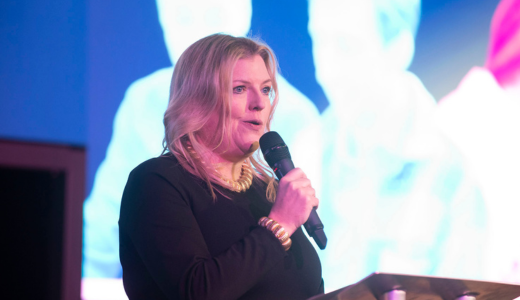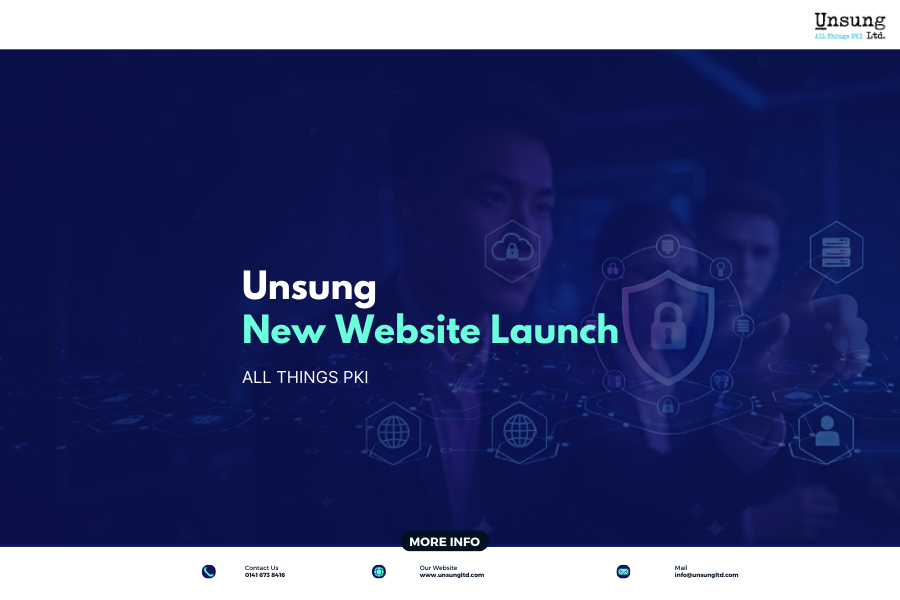The first day was TalentDay the largest careers fair in the north and open to any student wishing to pursue a career in the digital and creative industries. This year it attracted over 50 digital businesses and over 1000 students, there were also several seminars for students to attend covering topics such as starting you own digital business, CV tips and tricks and managing your social media footprint.
A straw poll of the room indicated there were over 120 placements, apprenticeships and jobs up for grabs with organisations like MoneySupermarket.com, MPP Global Solutions, BJL, UK Fast and Trader Media. Jon Woodall, MD of digital ecommerce agency Space48 said ‘MD TalentDay was a great day for all involved. It was fantastic to meet so many graduates with relevant digital skills and fingers crossed there will be some new @Space48ers very soon! ‘
Day two saw over 120 delegates gather in the Town Hall to discuss the findings of Manchester Digital’s recent skills survey and hear from the likes of Google and Skillset on the future of learning in the digital sector.
New approaches seemed to be the theme of the day with Rose Marley from Sharp Futures and Eudie Thompson from Bright Futures both discussing revolutionary ways of delivering apprenticeships for digital businesses. The universities and colleges shared thoughts on the difficulties faced by SMEs in securing good graduates as they tend to get hoovered up by the corporates and the importance of practitioners getting involved in course development.
Schools were not forgotten and Steven Flowers gave a great presentation on the work of Code Clubs and also the work Madlab are doing with under 18s to encourage them to use and create technology. He rounded off his talk by issuing a challenge to Greater Manchester to increase the number of Code Clubs across the region from 20 to 200 by 2014.
Manchester Digital also launched its Peer Club an informal learning platform which brings together people in similar roles and levels in the digital sector to enable personal career development. Peers are matched to groups comprised of 4-8 people by Manchester Digital based on level, role and location.
The skills shortage in digital is really impacting on the sector and findings from the digital skills survey showed that 45% of businesses surveyed have turned work away due to lack of resource. The Skills Summit is the region's chance to get the right people together, connect talent to business and to influence the year round work that Manchester Digital does to develop and grow the regional talent pool.
We were very fortunate this year to have great support and sponsorship from: Skillset, Manchester City Council, UK Fast, British Computing Society and the National Apprenticeship Service.
The slides from Tony’ Fogget’s opening presentation which includes some of the skills survey findings and Rachel Tonner’s Peer Club presentation are available at the bottom of this page and the rest will be uploaded over the weekend.









